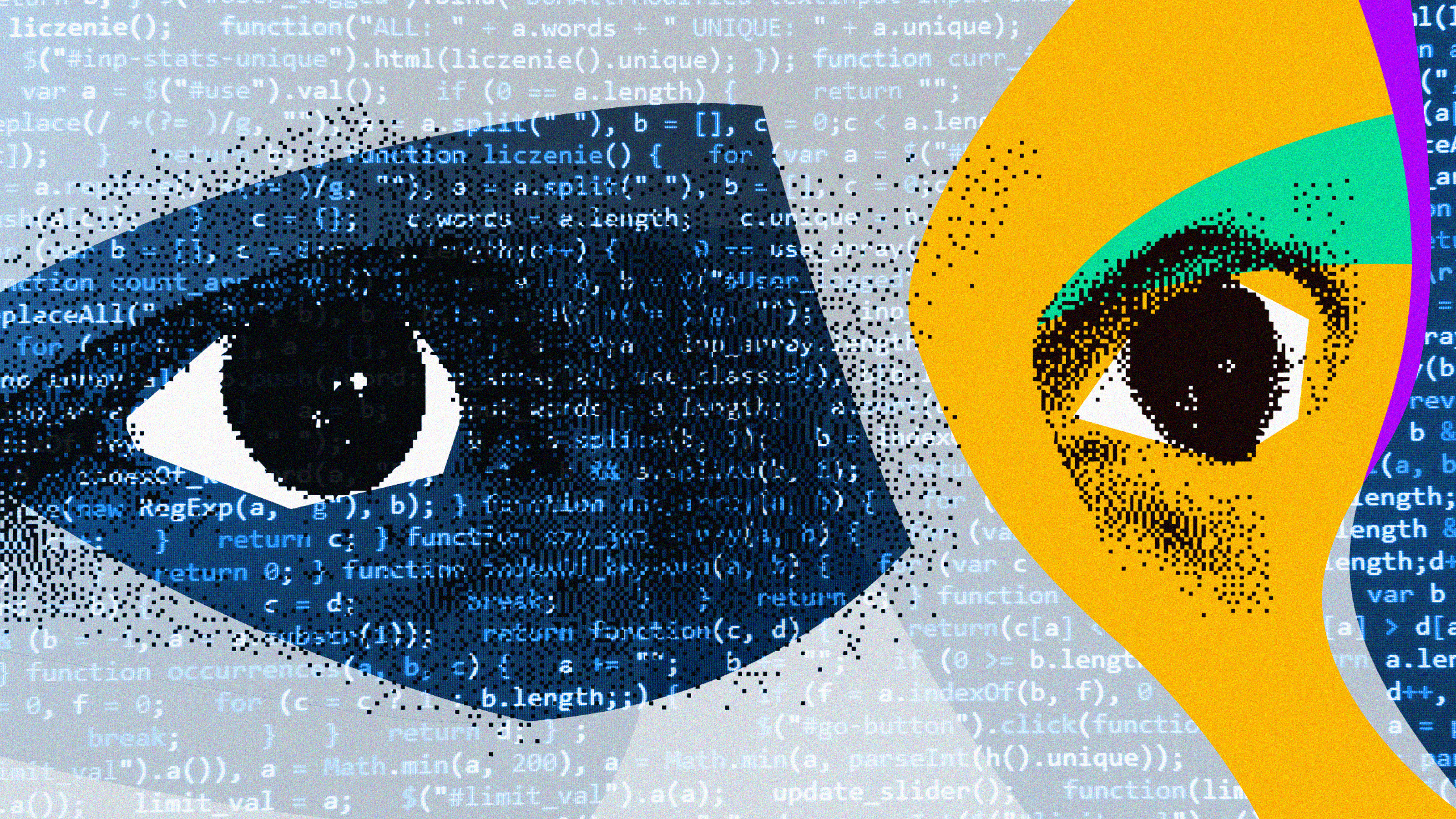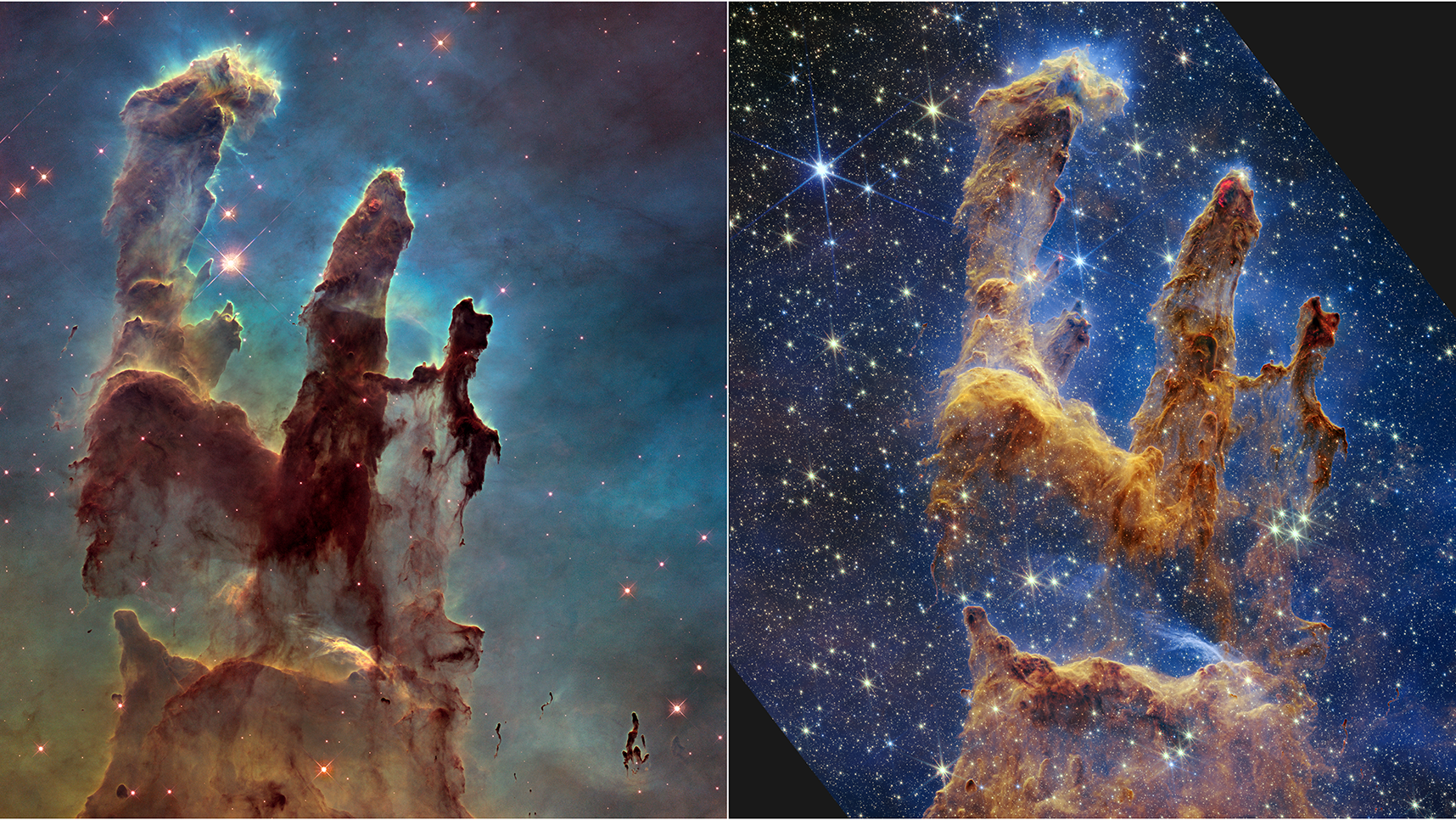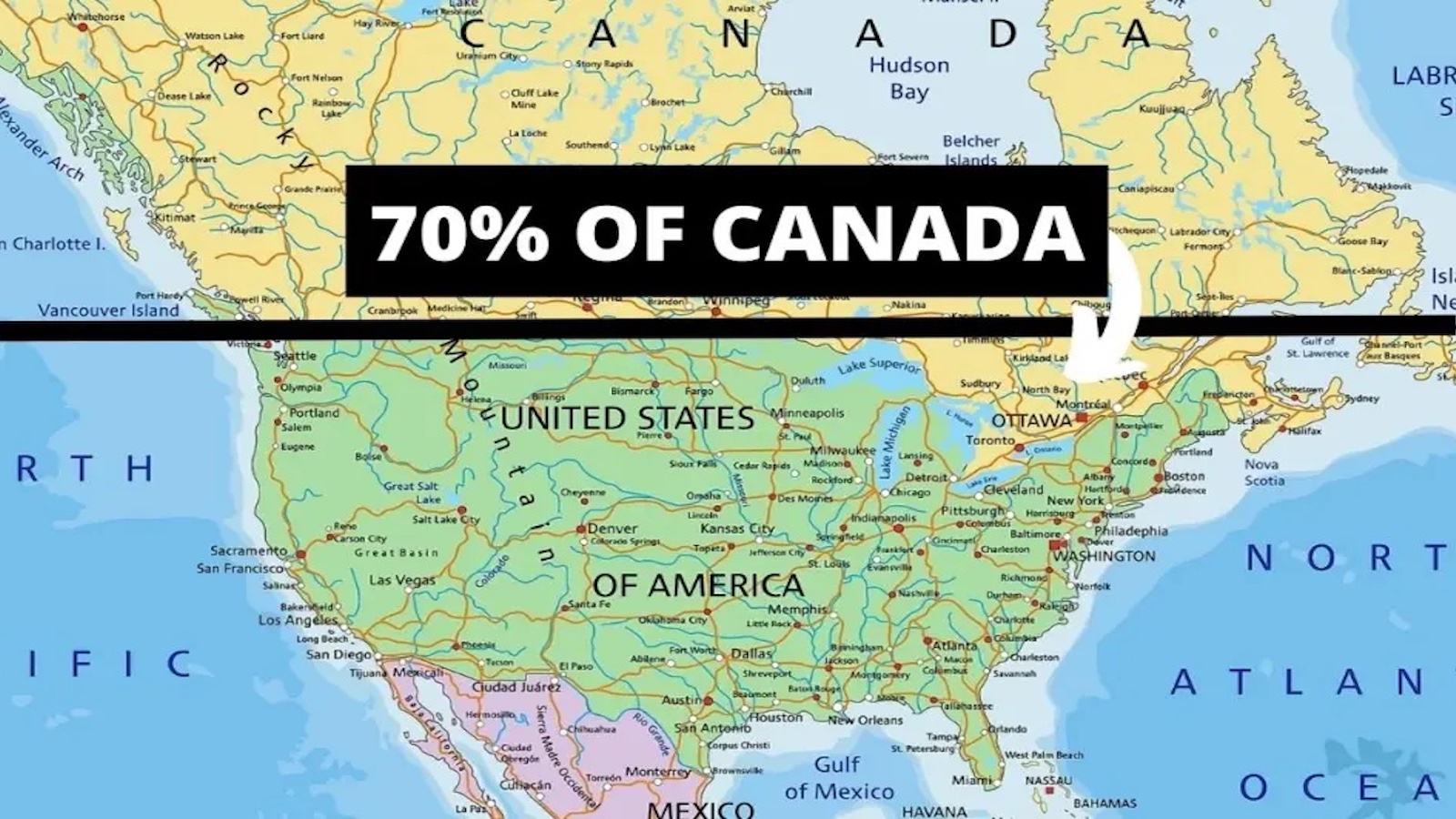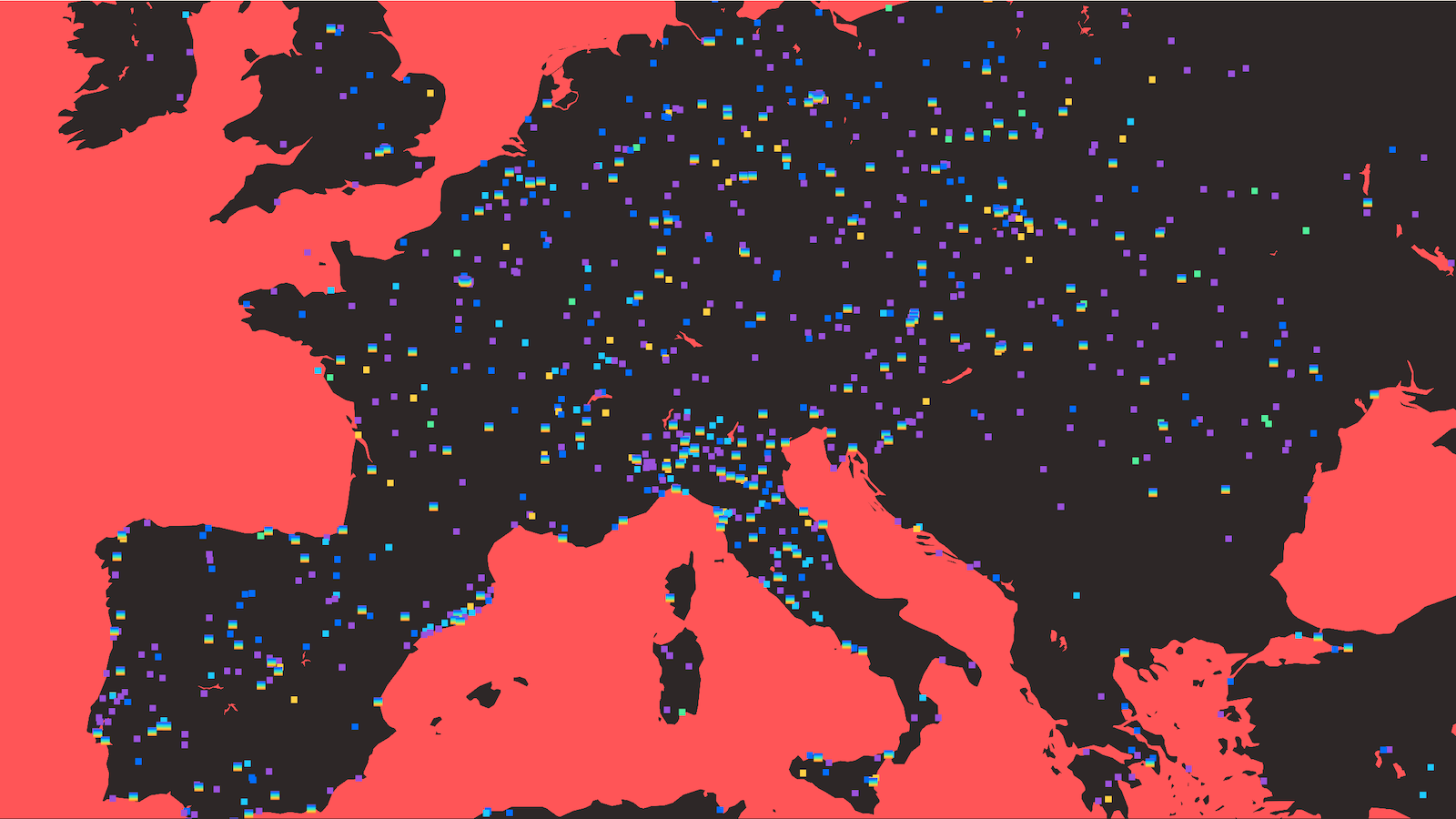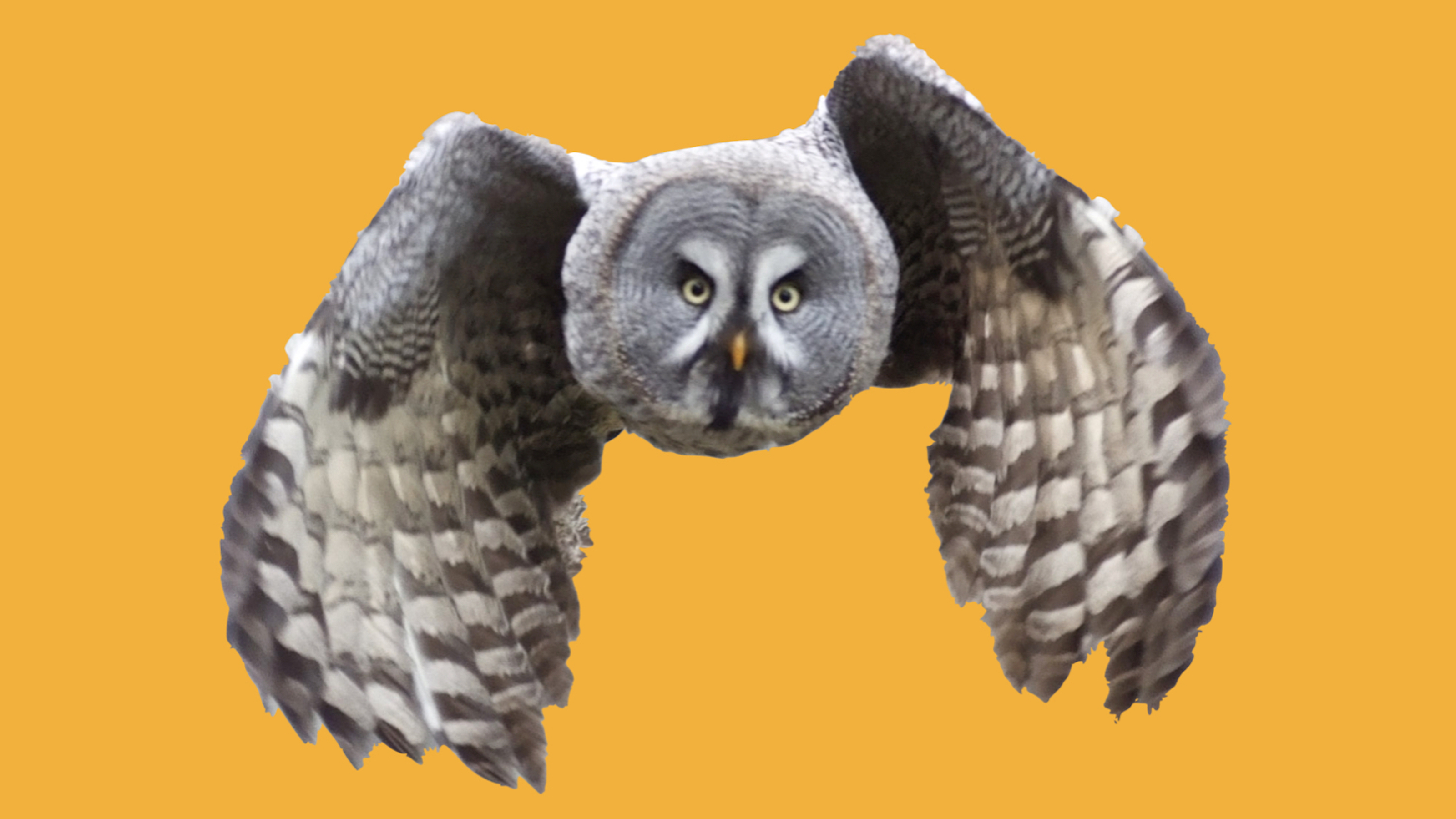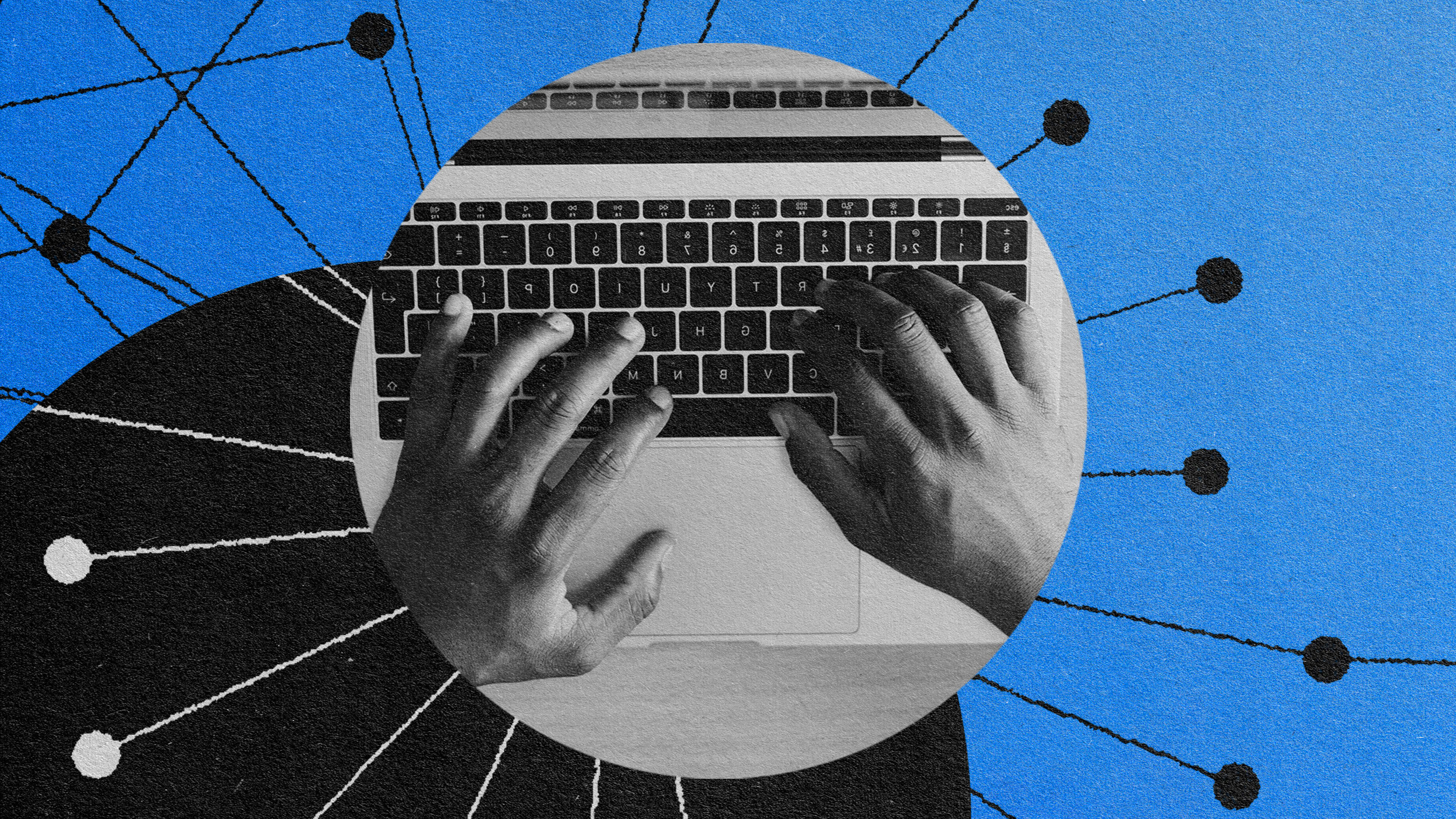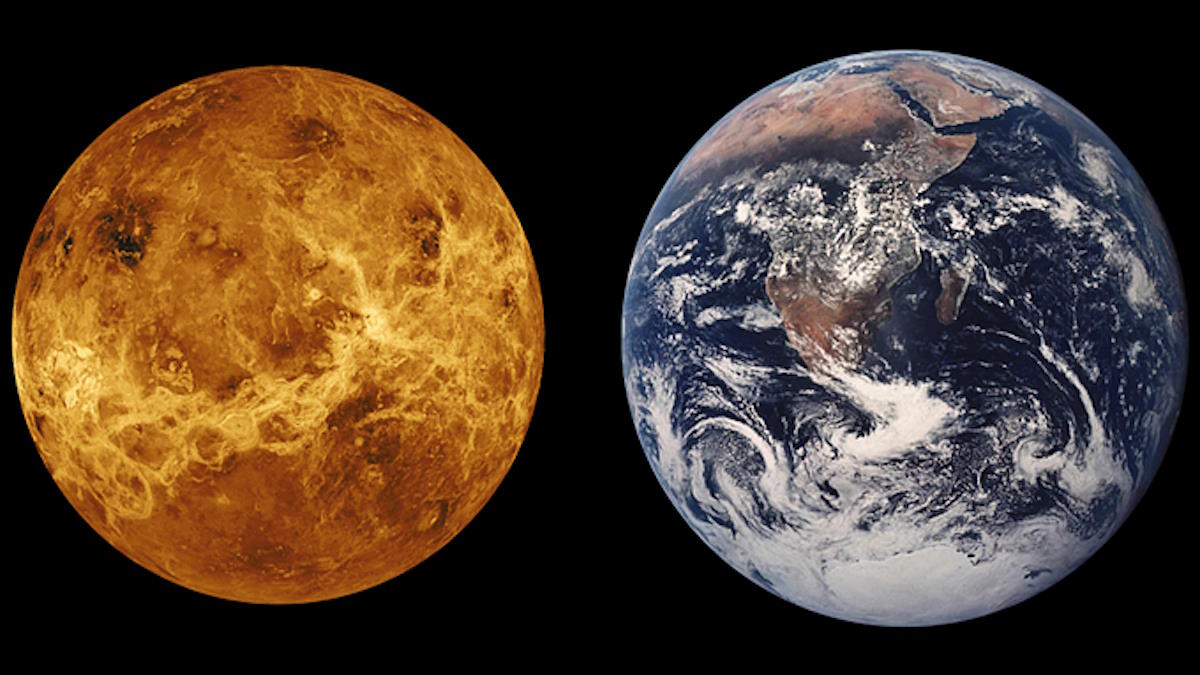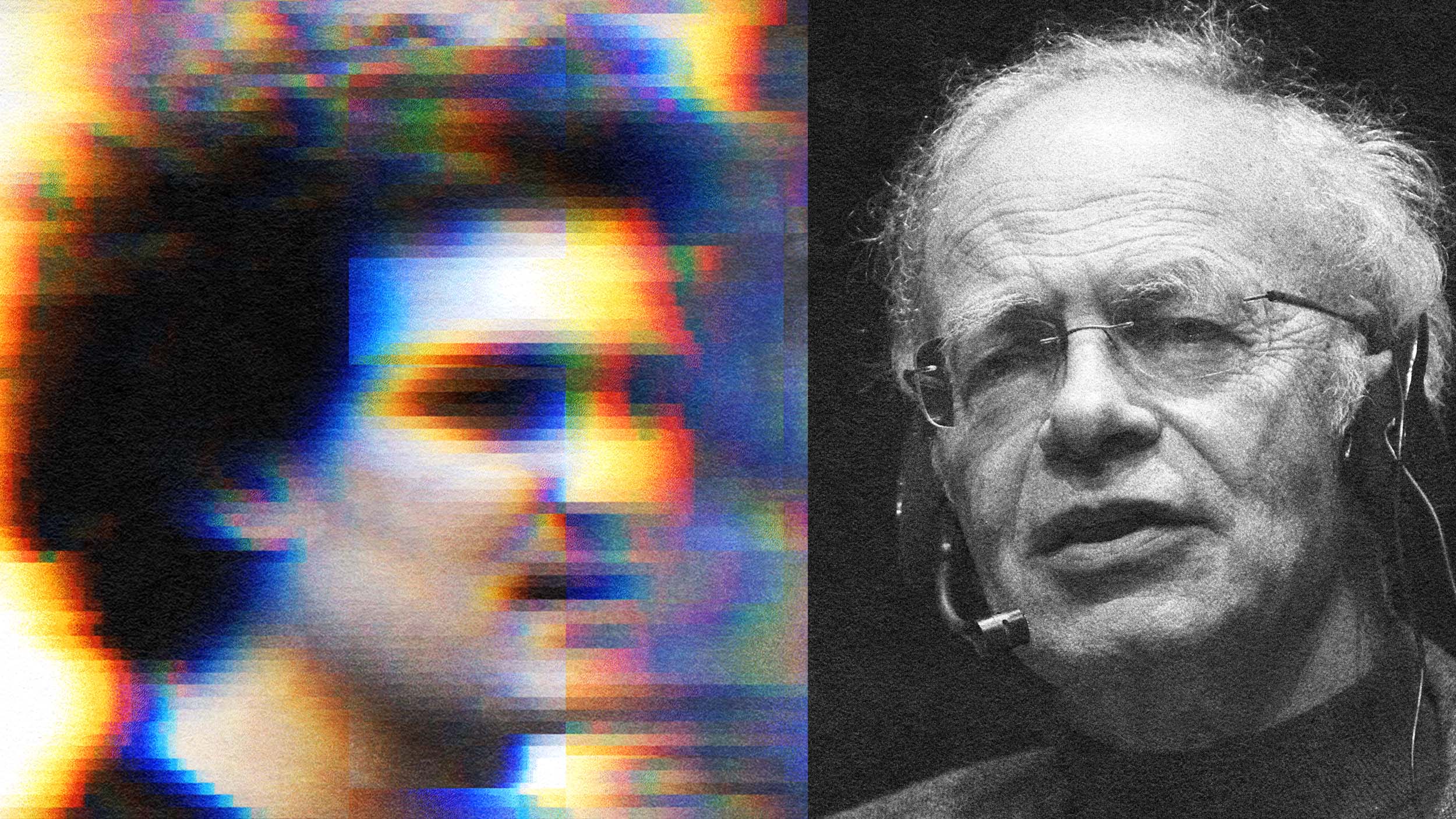Philosophy isn’t stuck in the past. Here are five texts to connect you with its ongoing dialogue.
Search Results
You searched for: Virtual Worlds
The danger posed by conversational AI isn’t that it can say weird or dark things; it’s personalized manipulation for nefarious purposes.
The major transformation in the where of modern workplaces is about to collide with a transformation in who is doing that work.
For linguists, the uniqueness of the Basque language represents an unsolved mystery. For its native speakers, long oppressed, it is a source of pride.
To thrive in a rapidly changing future, we will need adaptable and diverse skill sets. Here’s where to look.
Ketamine-assisted psychotherapy utilizes a non-ordinary state of consciousness to heal.
The nature of civilizational threats has changed in a mere decade.
Fear of technology is not new. But we misunderstand its origin. In reality, we don’t fear technology but each other.
There are so many problems, all across planet Earth, that harm and threaten humanity. Why invest in researching the Universe?
What is Captain America doing in ancient Mesopotamia?
This list of leadership training topics is designed to help businesses navigate the times and prepare for the future.
Lynda Gratton, a professor of management practice at the London Business School, explains how business leaders can navigate a future in constant flux.
The paradox of failure explains why even a healthy rage-quit won’t keep a good gamer down.
Reject your Mental Map Oversimplifications.
The holograms use ‘aerohaptics’, which creates feelings of touch with simple jets of air.
The space‑specific neurons in the owl’s specialized auditory brain can do advanced math.
Scientists can make substantial progress without fully understanding exactly what they’re doing.
The key to its success lies not in its understanding of technology, but in its understanding of human nature.
From surviving on wild plants and game to controlling our world with technology, humanity’s journey of progress is a story of expanding human agency.
From gamification to VR, here are 10 ways to make learning fun and engaging.
Huge shifts in the workforce demand real-world changes in management practices; “command-and-control” no longer cuts it.
We will become billions of people who share a single vast intellect.
Six authors, six monumental legacies, and a unique thread connecting them: a solitary novel that shines brightly.
Upskilling prepares today’s workforce for tomorrow’s opportunities, positioning organizations for success in the future.
Out of the four rocky planets in our Solar System, only Earth presently has plate tectonics. But billions of years ago, Venus had them, too.
Perhaps the whole Universe is the result of a vacuum fluctuation, originating from what we could call quantum nothingness.
“The movement is much bigger than Sam Bankman-Fried, or any one person, no matter how wealthy,” philosopher Peter Singer told Big Think.
While most participants fibbed a little bit, laptop users were much more likely to lie – and by a lot more.







